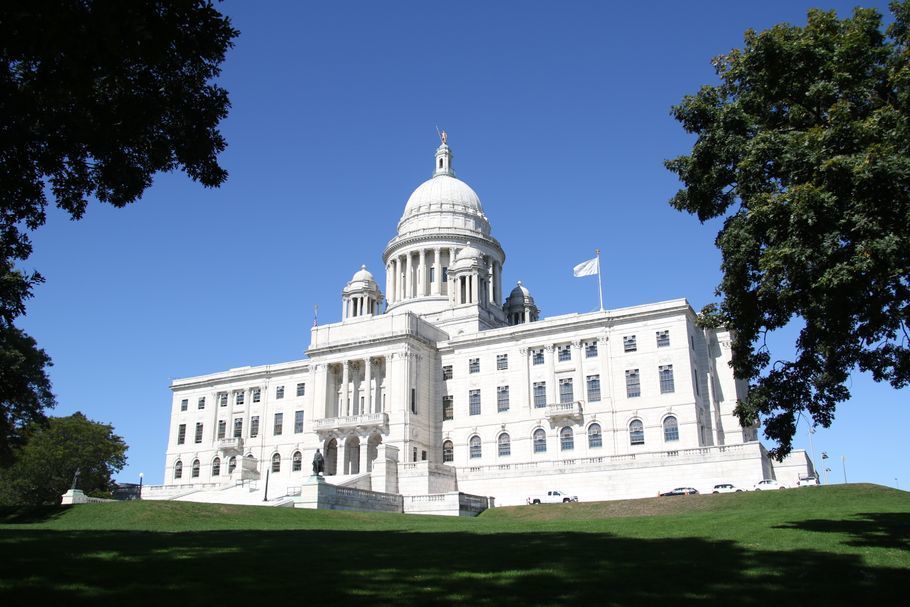
Published July 31, 2020
2020 Audubon Legislative Summary
By Meg Kerr, Senior Director of Policy
The Rhode Island legislature’s environmental work ended abruptly with the COVID-19 pandemic. Bills addressing climate change, plastics, other toxics like pesticides and PFAS, and solar siting that were introduced are not being considered this year.
The 2020 Beach, Clean Water and Green bond is the one piece of legislation that is still in play. Bonds must first be approved by the legislature before they can go before the voters in November. Hearings are underway this summer in the House and Senate on the state budget and advocates are contacting their legislators in support of the bond.
The $69 million 2020 Green bond includes the following components:
- State Beaches, Parks and Campgrounds: $40 million for capital improvements, likely to include upgrades at Goddard Park Beach, Roger Wheeler Beach, Scarborough State Beach, Misquamicut State Beach, Brenton State Park, and state campgrounds.
- Clean Water and Drinking Water: $15 million in matching funds for the Clean and Drinking Water State Revolving Funds. These matching funds will unlock close to $74 million in federal funds.
- Local Recreation: $4 million in matching grants to create new and improve existing community parks and recreation facilities.
- Natural and Working Lands: $3 million to conserve forested land and farmland.
- Municipal Resilience Program: $7 million to help communities restore and improve resiliency of vulnerable coastal habitats, rivers and stream floodplains and infrastructure.
Some good news from Washington: Congress Approves the Great American Outdoors Act
The Great American Outdoors Act (H.R. 1957) was passed by the United States Congress in June and July, but has not yet been signed into law by President Donald Trump. It has two major components: fully and permanently funding the Land and Water Conservation Fund, and providing $9.5 billion in funding to address a maintenance backlog at American national parks.
The Land and Water Conservation Fund is America’s most important conservation program, responsible for protecting parks, wildlife refuges and recreation areas at the federal, state and local level. For 50 years, it has provided critical funding for land and water conservation projects, recreational construction and activities and the continued historic preservation of our nation’s iconic landmarks from coast-to-coast.
The Land and Water Conservation Fund does not use any taxpayer dollars – it is funded using a small portion of revenues from offshore oil and gas royalty payments. Outdoor recreation, conservation and historic preservation activities contribute more than $887 billion annually to the U.S. economy, supporting 7.6 million jobs.
The Land and Water Conservation Fund has provided funding to help protect some of Rhode Island’s most special places and ensure recreational access for hunting, fishing and other outdoor activities. Rhode Island has received approximately $74.4 million from the Land and Water Conservation Fund over the past five decades, protecting places such as the Block Island National Wildlife Refuge and the Roger Williams National Memorial.
Forest Legacy Program (FLP) grants are also funded under LWCF, to help protect working forests. The FLP cost-share funding supports timber sector jobs and sustainable forest operations while enhancing wildlife habitat, water quality and recreation. For example, the FLP contributed to places such as the Tillinghast Pond Management Area in West Greenwich, Yawgoo Pond in South Kingstown and Canonchet Brook Preserve in Hopkinton. The Forest Legacy Program assists state and private forest owners to maintain working forest lands through matching grants for permanent conservation easement and fee acquisitions, and has leveraged approximately $8 million in federal funds to invest in Rhode Island’s forests, while protecting air and water quality, wildlife habitat, access for recreation and other public benefits provided by forests.

















